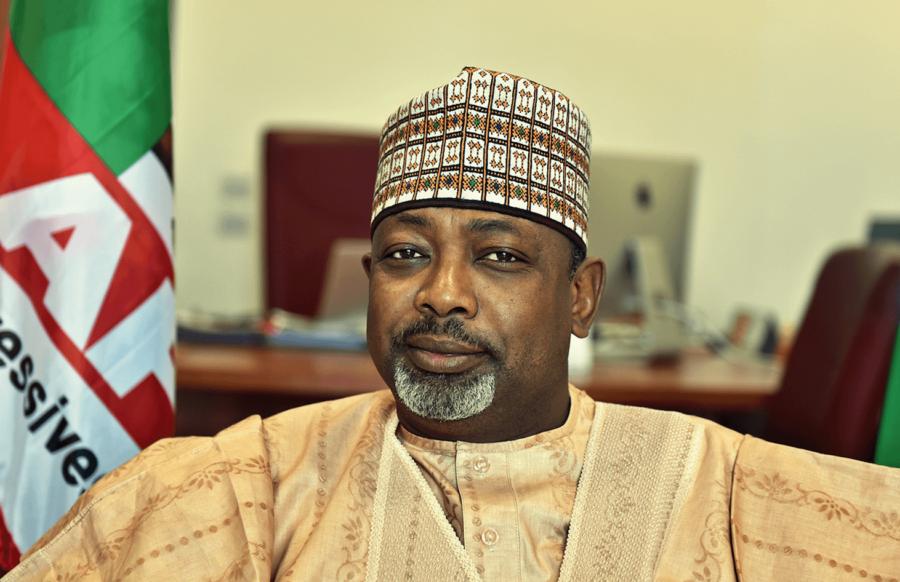Nigeria’s federal government has approved a N1.5 trillion ($1 billion) recapitalization of the Bank of Agriculture (BOA) in 2025 to transform its agricultural sector and position the country as a regional leader in food security. Announced by Minister of Agriculture and Food Security Sen. Abubakar Kyari, the initiative aims to provide capital to approximately 70 million farmers, enhance agribusiness funding, and boost food production. The BOA, Nigeria’s largest development finance institution with 201 branches nationwide, will use the funds to support agricultural value chains, improve productivity, and stimulate food exports.
The recapitalization addresses challenges like high food inflation (35.41% in January 2024) and limited commercial bank lending to agriculture, which peaked at N1.04 trillion in 2020, only 5.15% of total loans. The plan includes restructuring the BOA, merging it with the Central Bank of Nigeria’s NIRSAL Microfinance Ltd., and implementing stricter loan recovery measures, as the bank is owed over N20 billion. Vice President Kashim Shettima emphasized the BOA’s extensive branch network and its integration with projects like the Green Imperative to achieve national food self-sufficiency.
Nigeria’s broader agricultural strategy includes the $510 million Special Agro-Industrial Processing Zones (SAPZ) launched in Kaduna, backed by the African Development Bank, and a $2.2 billion commitment to develop SAPZs in 28 states. These efforts aim to empower smallholder farmers, reduce reliance on imports, and address land and soil security issues, with only 14% of arable land having adequate soil fertility and 30% of states facing agricultural land insecurity. The government’s focus on mechanized farming and transparent loan monitoring draws lessons from the failed Anchor Borrowers Programme, which saw significant fund diversion.
While the recapitalization signals strong commitment, success hinges on effective loan deployment, addressing high default rates, and mitigating risks like weather fluctuations and insecurity. Experts like Kola Masha of Babban Gona stress the need for high-quality inputs, knowledge transfer, and irrigation to boost yields from one to nine tons per hectare. Posts on X reflect optimism about the initiative, with users praising President Tinubu’s leadership in allocating funds to agriculture alongside solid minerals and infrastructure.
This move positions Nigeria to leverage its agricultural potential, reduce food insecurity, and drive economic growth, but rigorous oversight and strategic execution are critical to achieving regional food security leadership.
